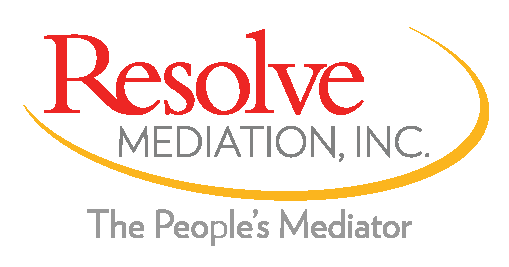How is dispute resolution handled in your Condo or HOA?
Some states have adopted mediation as the “go to” standard in community association (CA) disputes. For example, The State of Florida Homeowners Association Act requires presuit mediation before litigation.[i] Colorado’s Judicial Department Office of Dispute Resolution promotes HOA mediation, guiding parties through the system and promoting the benefits of mediation.[ii] In Ontario, Canada Section 132 and 134(2) of the Condominium Act calls for mandatory mediation in disputes between unit owners and their condominium corporation.[iii]
What is Mediation?
Mediation is an informal (not in a court of law), confidential process where a neutral third party, the Mediator, assists in facilitating negotiations between disputing parties. Participants in mediation must have full authority to appear at the mediation and are empowered by exercising self-determination. A good Mediator will understand the elements of each case prior to the mediation conference and take time, not rush to settle.
The Mediator guides the mediation conference and explains the process to the parties who appear with or without legal counsel by their side. The mediation may commence with opening statements, the opportunity for each side to present their issue(s) and what they are seeking. Some mediators like to separate the parties following opening statements. This is referred to as “caucus.” The decision to caucus may vary dependent upon the circumstances.
Reasons to Caucus
• To strategize in private;
• Vent ones feelings without offending the other side;
• The disputing parties just can’t be in the same room together.
I have mediated cases where the parties were so contentious they refused to commence the mediation in the same room. Subsequently, they never saw each other throughout the course of the mediation.
Should the parties not be able to appear in person, there are alternatives. Mediation may occur with one or more parties on the telephone, and in the past few years, online mediation has come to the fore. Depending on the issue, the mediation can take a few short hours or may occur over the course of a day or two. There are four outcomes to mediation: a full settlement will be reached; conclude with a partial agreement; impasse; or no agreement at all.
Reasons to Mediate
• You’ve requested the minutes from your Association Board meetings and your Board is dragging their heels, not producing them in the time required in accordance with your CC&R’s.
• A worker from the landscaping company for the common elements fell off a ladder and wants to sue the Association for medical expenses and damages.
• You’re receiving notices and fines from the Association about the dog you are temporarily watching for a friend, being in violation of the no pets rule.
Think First
Before anyone shoots off a nasty letter to their neighbor or has retained an Attorney threatening to sue you, consider mediation. Whether required by your State’s law, voluntary or court ordered, mediation is a less adversarial, more affordable and quicker alternative to litigation. You can be tied up in litigation for months, if not years and the expense can be exorbitant. This is about keeping the peace where you live, and don’t you want to live in a peaceful, happy environment? Mediation… a win-win solution to your dispute resolution!
[i] Homeowners’ Association Act, FL §720.311 (2015)
[ii] Colorado Judicial Branch Office of Dispute Resolution. (n.d.). Retrieved from https://www.courts.state.co.us/Administration/Program.cfm?Program=46
[iii] Government of Ontario Condominium Act, 1998, S.O., c. 19. Retrieved from https://www.ontario.ca/laws/statute/98c19#top



